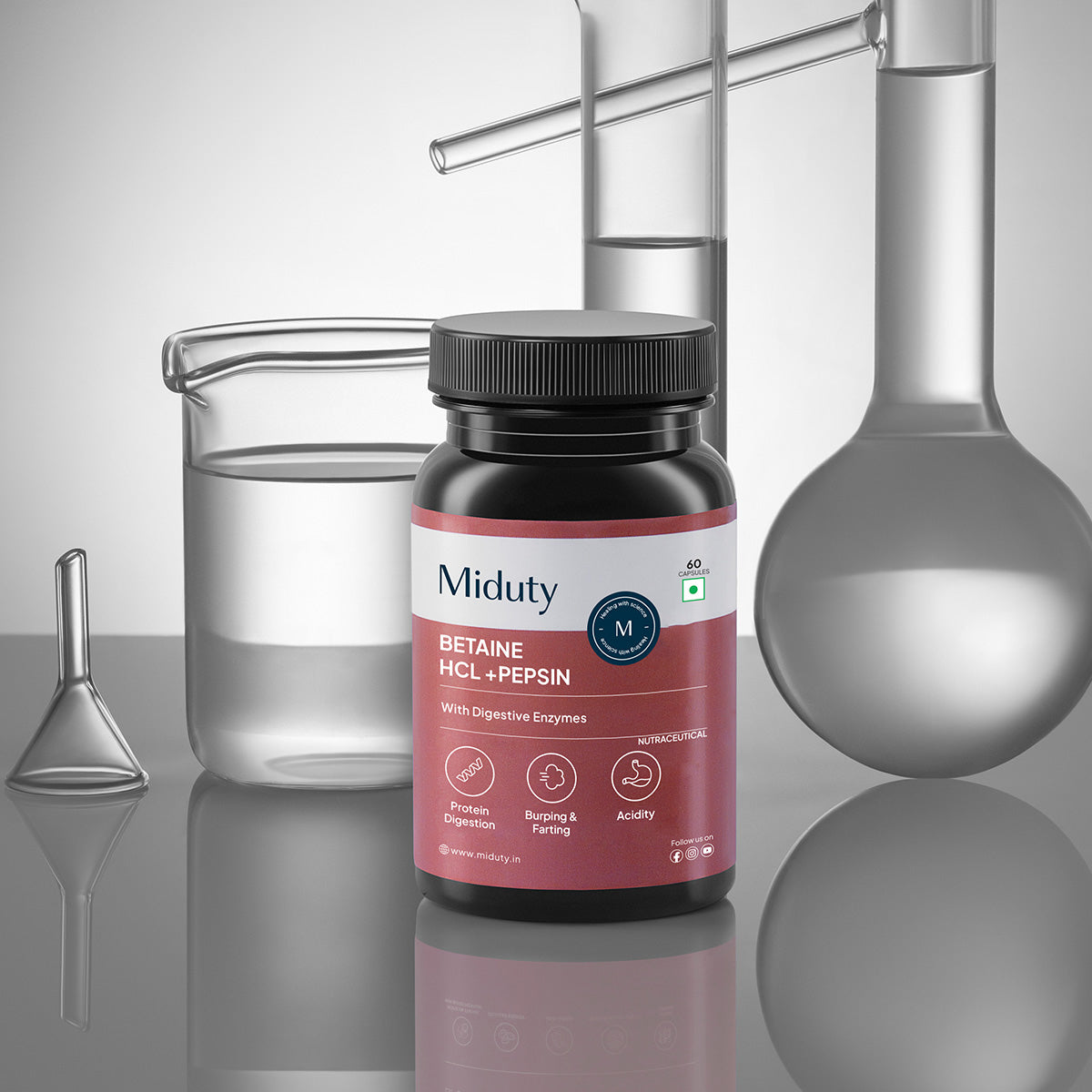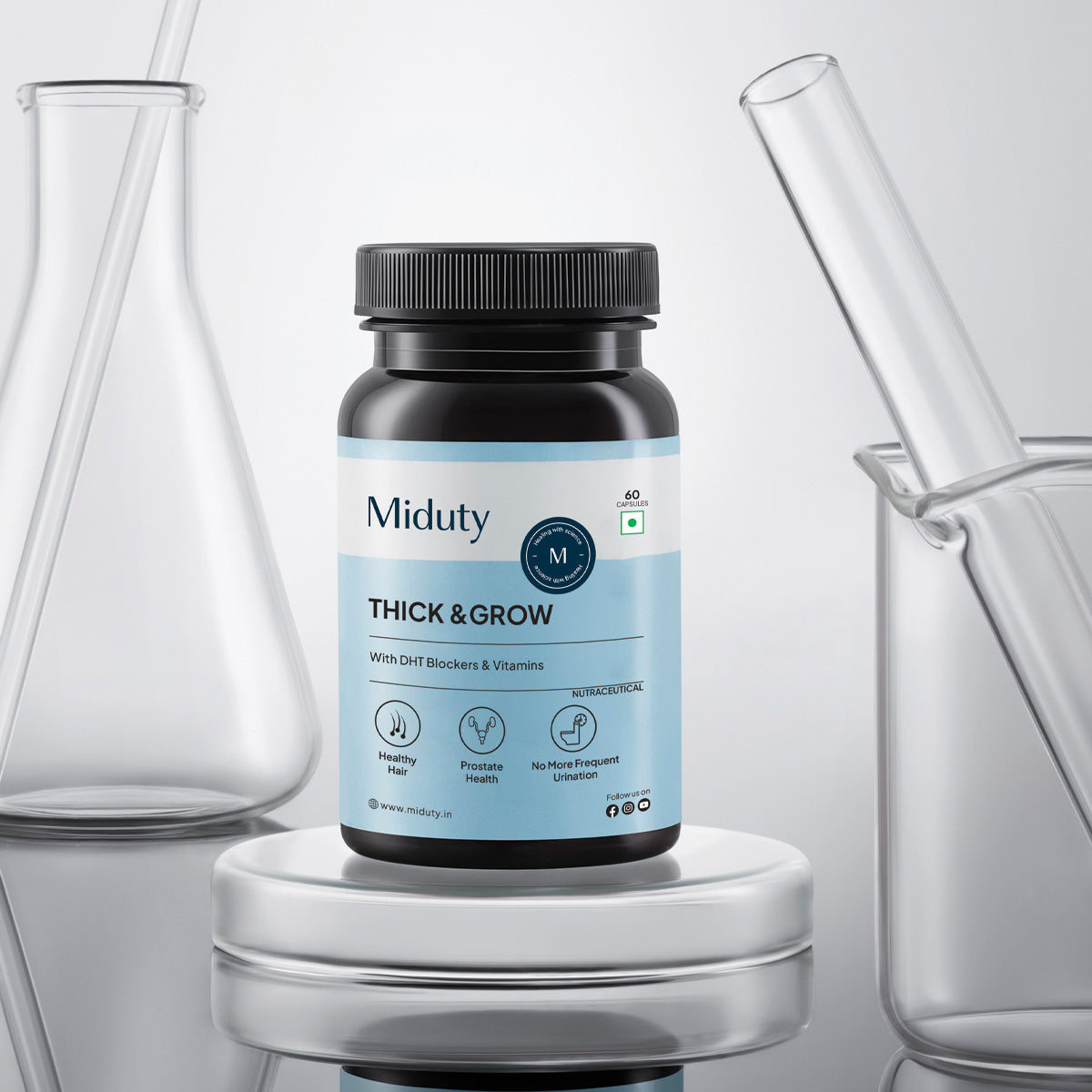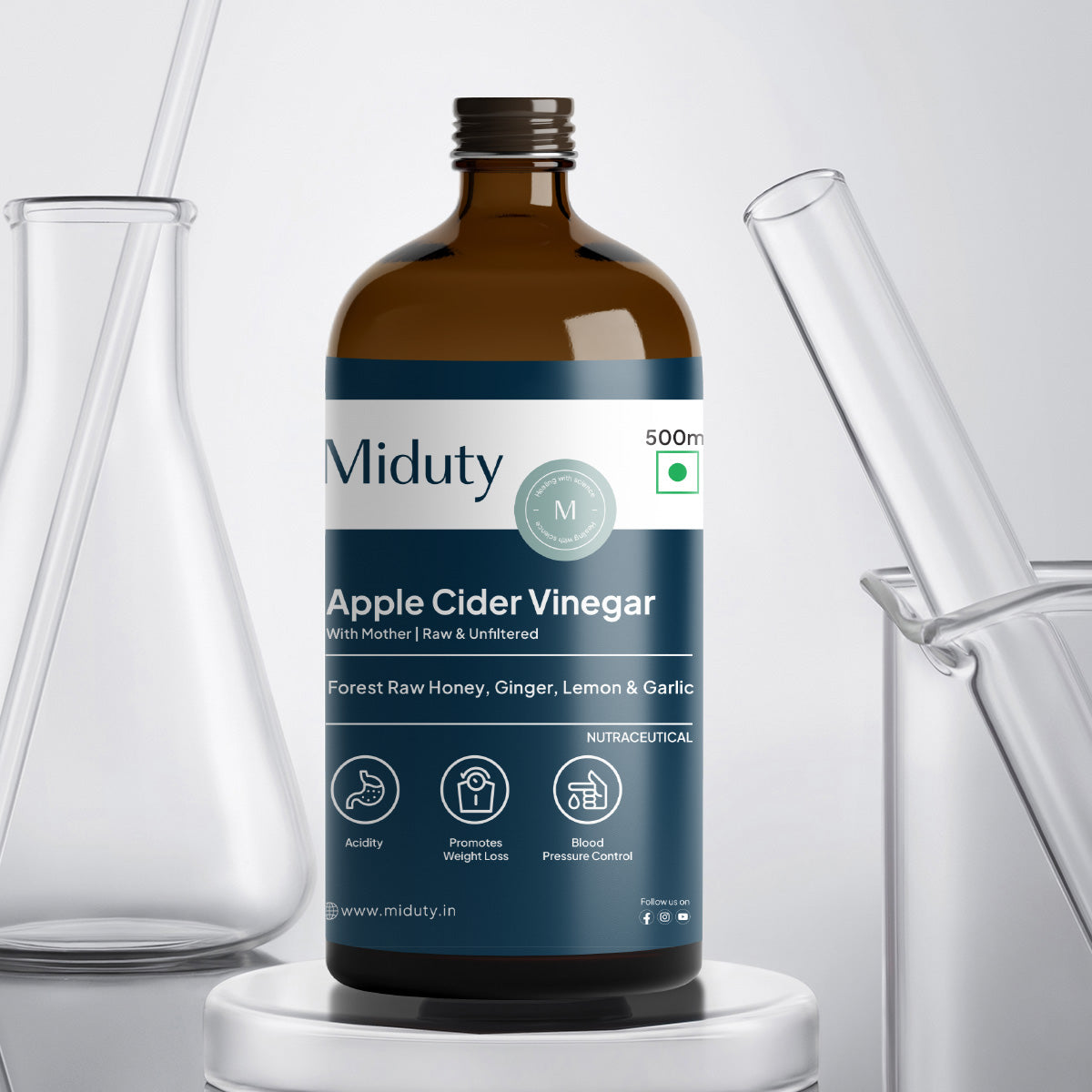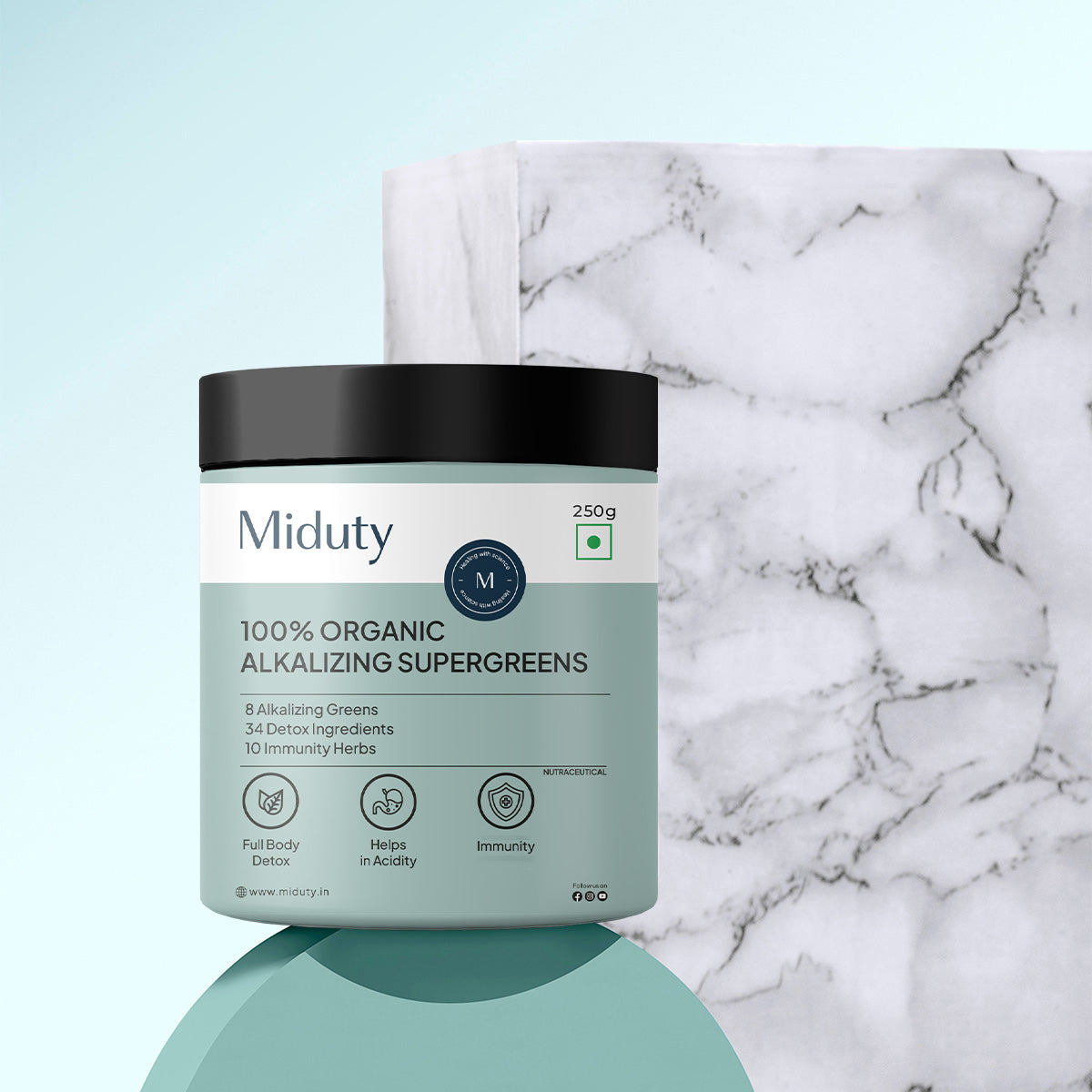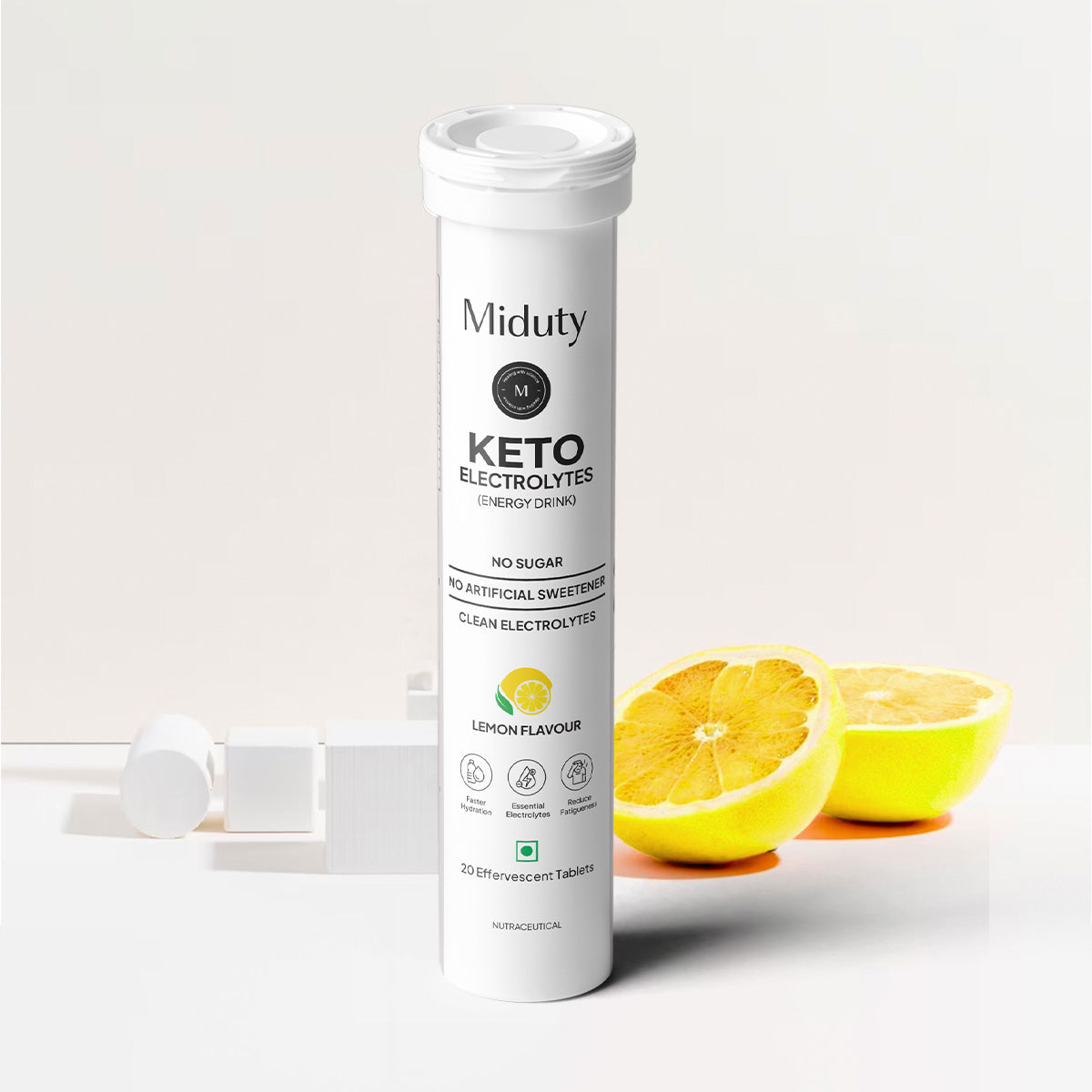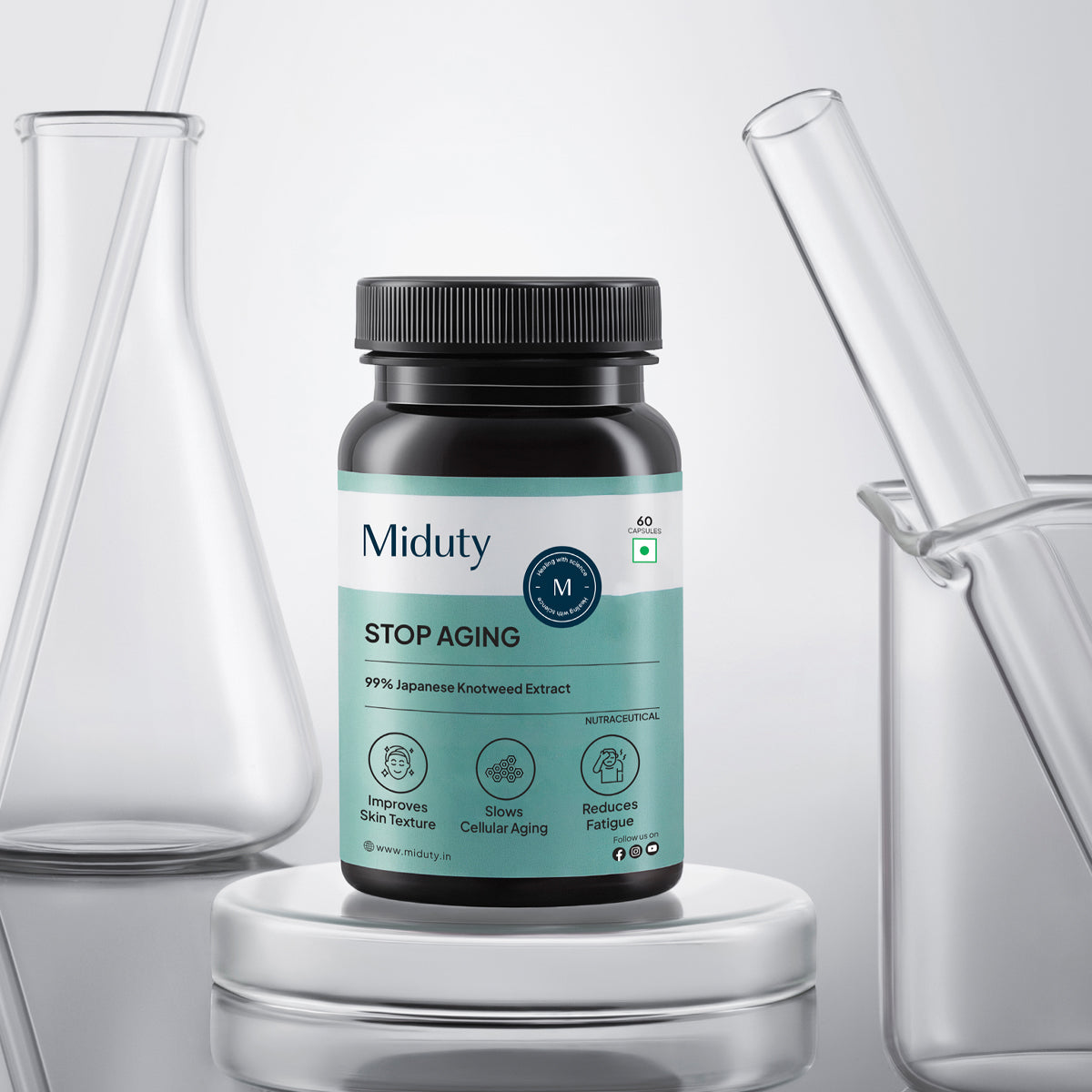
9 Home Remedies to Treat Hernia Symptoms - An At-Home Guide
If you have a hernia, you may believe that surgery is always required. Fortunately, certain complex problems, such as hernia, can be treated without surgery if the condition is diagnosed early on. You must first understand what hernia symptoms are and what at-home hernia treatments may help you avoid surgery.
What is a Hernia?
Hernia is a condition in which your fatty tissue or an organ pushes the weak area of its surrounding muscle. The surrounding muscle or connective tissue is called fascia.
There are various types of Hernias:
- Inguinal Hernia
- Femoral Hernia
- Umbilical Hernia
- Hiatal Hernia
1. Inguinal Hernia: The inguinal canal is a passage for blood vessels and a spermatic cord that leads to the testicles in men. Whereas, in women, the inguinal canal in women is made up of a circular ligament that supports the womb. When you have an inguinal hernia, fatty tissues extend and come out through the top of the inner thigh. Men are more likely than women to have this type of hernia.
2. Femoral Hernia: This hernia is less common than an inguinal hernia. The fatty tissues of the gut bulge into the groin in a femoral hernia. This form of hernia is typically found in older women.
3. Umbilical Hernia: The fatty acids of the gut push through into the abdomen at the belly button in this form of hernia. A visible bulge forms inside the skin at the belly button due to this hernia.
4. Hiatal Hernia: A hiatal hernia occurs when a portion of the stomach pushes into the chest cavity through a gap in the esophagus, which is the muscle layer that divides the abdomen and chest.
As we now know what a hernia is, we can say that hernias are not usually life-threatening, but they do require adequate hernia treatment. Various home treatments can help you get rid of a hernia, but first, let's look at hernia symptoms and its causes.
What Causes a Hernia?
Hernias develop due to the weakness of the muscles. A hernia can develop quickly or slowly, depending on what caused it.
The following are some frequent causes of muscle weakness or strain that can contribute to a hernia:
1. Aging
2. Damage from an injury
3. Pregnancy or multiple pregnancies
4. Constipation
5. Being overweight
Hernia Symptoms
When lying down, a hernia in the abdominal region or groin can cause a visible lump or swelling that can be pushed back in or disappear. Laughing, crying, coughing, stretching, or engaging in any physical activity may cause the lump to reappear.
Other hernia symptoms in men include:
1. Increased discomfort at the swelling location
2. Difficulty in lifting
3. Increase in the size of the swelling with time
4. A constant painful feeling
5. Signs of intestinal blockage or a sense of being full
There are no external bodily hernia symptoms in women or men like swelling in the case of a certain type of hernia like Hiatal hernias (A type of hernia when the upper region of your stomach bulges out through the muscle separating your abdomen and chest). Instead, chest pain, frequent reflux (food coming up), difficulty swallowing, bad breath, nausea, and heartburn may be observed.
Home Remedies to Get Relief from Hernia
Nothing matches finding a reliable, risk-free natural remedy for a disease over having to turn to complex hernia treatment like surgery. Diseases like Hernia are really painful and uncomfortable, but wouldn't it be wonderful to discover natural home treatments for fighting the hernia symptoms in men and women, which are the easiest to try and treat the hernia quickly?
Yes, there are several simple and quick techniques to treat various forms of hernias. Let us go over some of them in this blog.
1. Avoid Spicy Foods and Have Small Meals
Dietary changes can help in treating hiatal hernia symptoms. It will help decrease the discomfort if you are experiencing hernia symptoms. So, if you want to fix a hiatal hernia yourself, eat small, light meals. Maintain a healthy weight and do not lie down or bend over after eating.
You should avoid spicy, acidic, and difficult-to-digest foods. The main reason for this is that spicy foods might further cause damage to the lining of the stomach, making healing even more difficult. [1] If you are wondering what foods you should eat if you want to know how to fix a hiatal hernia yourself, you can find the list below.
List of foods to consume if you have a hiatal hernia
- Healthy fats like coconut or olive oil
- Herbs like parsley, ginger, and fennel
Additionally, if you can't digest your food even after following a proper diet then you can take Betaine HCl and Pepsin supplement which will raise your stomach acid levels and balance the levels of your digestive enzymes.
2. Aloe Vera

Aloe vera contains calming and anti-inflammatory qualities. When someone has a hernia, aloe vera serves as a natural pain relief. [2] Pour yourself a glass of aloe vera juice for the best results. You can even drink it on an empty stomach. If aloe vera is eaten in between meals, it can also help you get relief from hernia symptoms. Additionally, the affected area can be treated by applying aloe vera liquid.
3. Ice Packs
Use an ice pack on the area of your hernia for 10 to 15 minutes if you're experiencing relatively mild pain. This can be done one or two times every day. Ice Packs could help with swelling and irritation that occurs as a hernia symptom. [3]
Avoid touching your skin directly with ice or an ice pack. Before applying the ice pack to your skin, wrap it in a small cloth or towel. Your skin tissue won't be damaged if you do this.
4. Yoga and Meditation

Another cause of a hernia can be stress. Yoga and meditation might help you avoid such negativity if you wish to lessen your tension and anxiety. Meditation and certain yoga asanas help to improve physical flexibility and lower the risk of getting sick.
Most significantly, yoga will support immune system development to improve muscular health and make you feel strong. The greatest benefit of yoga and meditation is that they provide stability by calming the body, mind, and spirit. Yoga therapy using certain asanas works well as a hernia treatment for a reversible inguinal hernia. [4]
5. Weight Loss
Obesity, believe it or not, is one of the leading causes of hernia. Weight loss is essential to excellent health if you want to manage hernia symptoms. [5] A fit and slim body is an indication of overall health and fitness. The main thing that can assist you in losing weight naturally is to eat smaller meals and exercise often.
Furthermore, if you're struggling with losing weight, you can use Apple Cider Vinegar, which helps in weight loss and also boosts gut health.
6. Ginger Root
For ages, ginger juice or raw ginger has been used for a variety of medical purposes. Ginger is well-known for having anti-inflammatory and anti-bacterial effects. One of the biggest benefits of taking ginger is that it can give relief from stomach pain and discomfort. [6]
Ginger can prevent the stomach from producing gastric liquid, which is prevalent in Hiatal hernias. It reduces acid reflux and assists hernia treatment by acting on the swollen region associated with hernia.
7. Castor Oil
The anti-inflammatory properties of castor oil's ricinoleic acid make it an effective option for hernia treatment. Because one of the major hernia symptoms is organ inflammation, castor oil helps in decreasing pain and swelling in the herniated tissues. [7]
How to Use: Take a cotton cloth that has been folded multiple times. Pour the castor oil into the pan first, then soak the cloth in it. Apply the oil-wet cloth to the affected region and cover it. For greater oil absorption by the body, you may also place a heat pack on the region after covering it with a cloth and plastic wrap. If there is an open wound, avoid heat.
8. Licorice Root (Mulethi)
The most typical issue in someone with an oesophageal hiatus hernia is gastritis. Inflammation in the stomach can be treated with licorice root. Licorice extract significantly reduced hernia symptoms in controlled research, hence enhancing the quality of life in patients having hernia. [8]
How to Use: Licorice root can be boiled in water for a short while to make tea. Take it twice a day at the very least.
9. Chamomile Tea

Chamomile tea contains flavonoids that have anti-inflammatory effects and works well as a hernia treatment. As a digestive softener, it is extremely valuable. Hiatal hernia, GERD, and other gastrointestinal disorders can all be treated with chamomile tea. [9]
How to Use: Drink it twice a day daily.
Other Ways to Get Quick Relief
- Rather than overeating all at once, eat smaller meals more frequently.
- Do yoga or easy exercises every day.
- Hernia symptoms in women and men might be complicated by obesity. As a result, make an effort to lose weight without increasing your physical effort.
- Stay away from all forms of stress.


